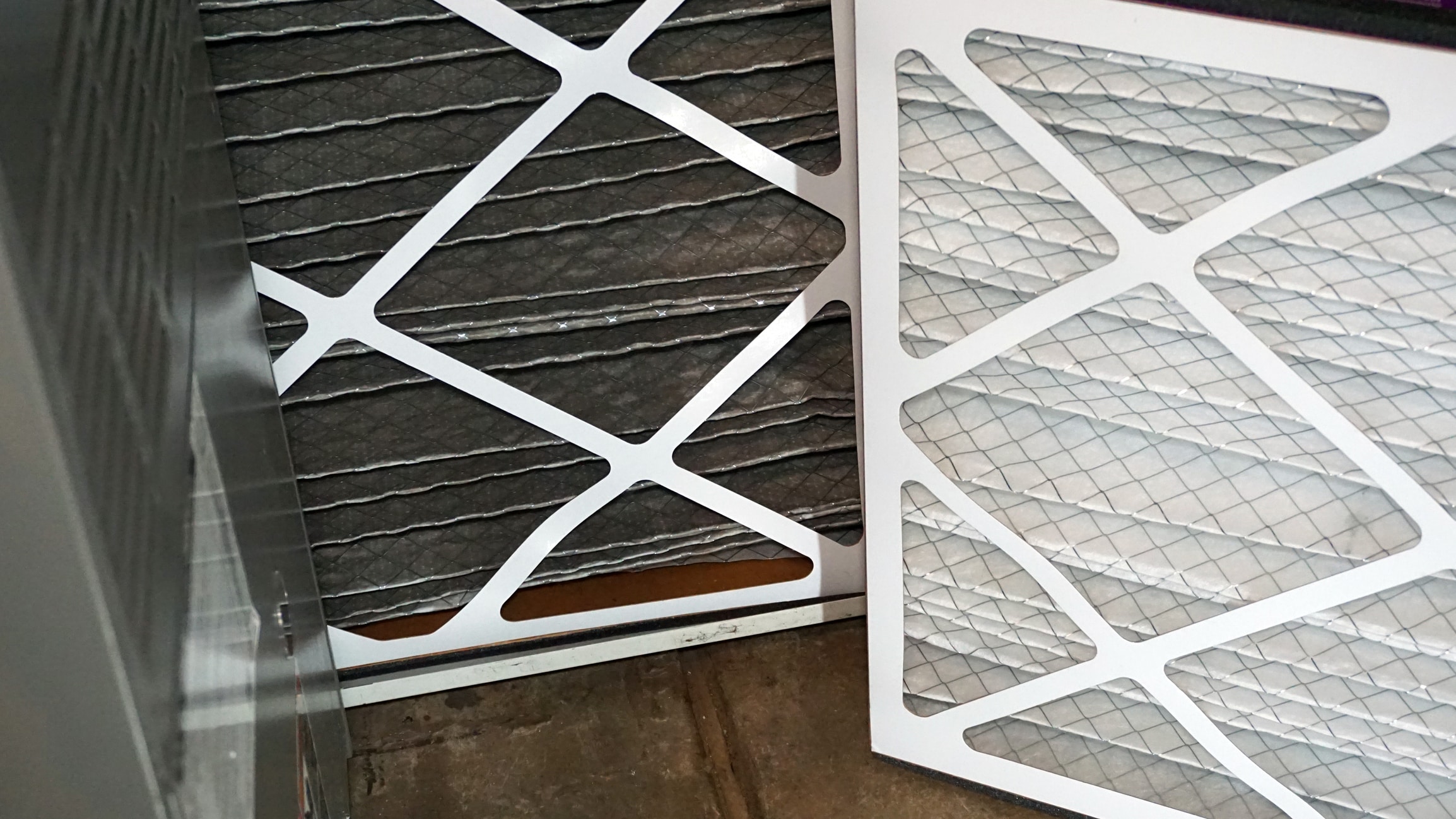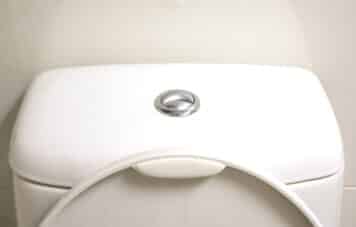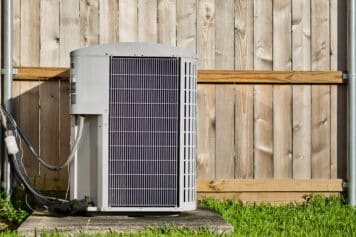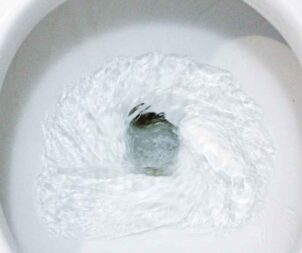When it comes to maintaining a comfortable and healthy home environment, your HVAC system plays an essential role. To keep your HVAC system running smoothly, one of the simplest, most important, and often overlooked tasks is replacing the air filters.
But what exactly about changing out your filter makes this small task so crucial? In this blog, we’ll explore the importance of replacing your HVAC air filter, the consequences of not keeping up with this maintenance step, and how it impacts your home.
What Are HVAC Air Filters For?
HVAC air filters are designed to trap dust, dirt, pollen, pet dander, and other airborne particles, preventing contaminants from entering the HVAC system and spreading throughout your living spaces. This makes the air filter the first line of defense against indoor air pollution, helping to maintain good indoor air quality.
Additionally, air filters protect the internal components of your HVAC system. By trapping particles before they can reach the system’s motor, coils, and other components, air filters help to reduce wear and tear. This process helps extend your HVAC system’s lifespan and ensures it operates efficiently for years to come, saving you money on energy bills and repair costs.
Call Harris Plumbing, Heating, Air, & Electric Today!
3 Dangers of Not Replacing Them
Neglecting to replace your HVAC air filter can lead to a host of problems. A dirty or clogged filter restricts airflow, forcing your HVAC system to work harder to maintain the desired temperature. This strain can lead to issues including:
- Costly repairs or replacements: The increased strain on the system can lead to costly repairs or even a premature system replacement.
- Poor air quality: When the filter is full of debris, it can no longer effectively capture particles, allowing dust, allergens, and pollutants to circulate freely throughout your home. It can also lead to health issues such as fatigue, respiratory problems, and skin irritation.
- Short-cycling: A clogged filter can cause the HVAC system to cycle on and off more frequently, wasting energy and leading to inefficient heating or cooling in your home.
How & When To Swap Your Filter
Replacing your HVAC air filter is straightforward and can make a big difference in the performance and longevity of your system. Here’s a step-by-step guide to help you get it done:
- Turn off your HVAC system: Before you begin, make sure your system is turned off to ensure safety.
- Locate the air filter: Filters are typically located in the return air duct or the blower compartment. If you’re unsure, consult your HVAC system’s manual.
- Remove the old filter: Carefully remove the old filter to avoid spreading dust and debris.
- Check the filter size: Note the dimensions of the old filter, usually printed on the frame, to ensure you purchase the correct replacement.
- Install the new filter: Insert it, ensuring it’s oriented correctly according to the airflow direction arrows printed on the frame.
- Turn your system back on: Once the new filter is in place, turn your HVAC system back on and enjoy cleaner air and improved efficiency.
Replacing your air filter will depend on several factors, including the type of filter you use, the number of occupants in your home, and whether or not you have pets. Generally, we recommend you replace standard filters every one to three months. Higher-efficiency filters may last three to six months. Always check the manufacturer’s recommendations and inspect the filter regularly to determine if it needs changing sooner.
Schedule HVAC Maintenance in NJ, DE, or PA.
Regularly replacing your HVAC air filter is just one part of maintaining your system. However, comprehensive professional HVAC maintenance ensures that all components work efficiently, no maintenance step is overlooked, and can help prevent unexpected breakdowns. When the time comes to schedule that maintenance, Harris Plumbing, Heating, Air, & Electric is the company to call.
If you’re in New Jersey, Delaware, or Pennsylvania, schedule regular HVAC maintenance with us and see how you can save by signing up for our Maintenance Plans.





